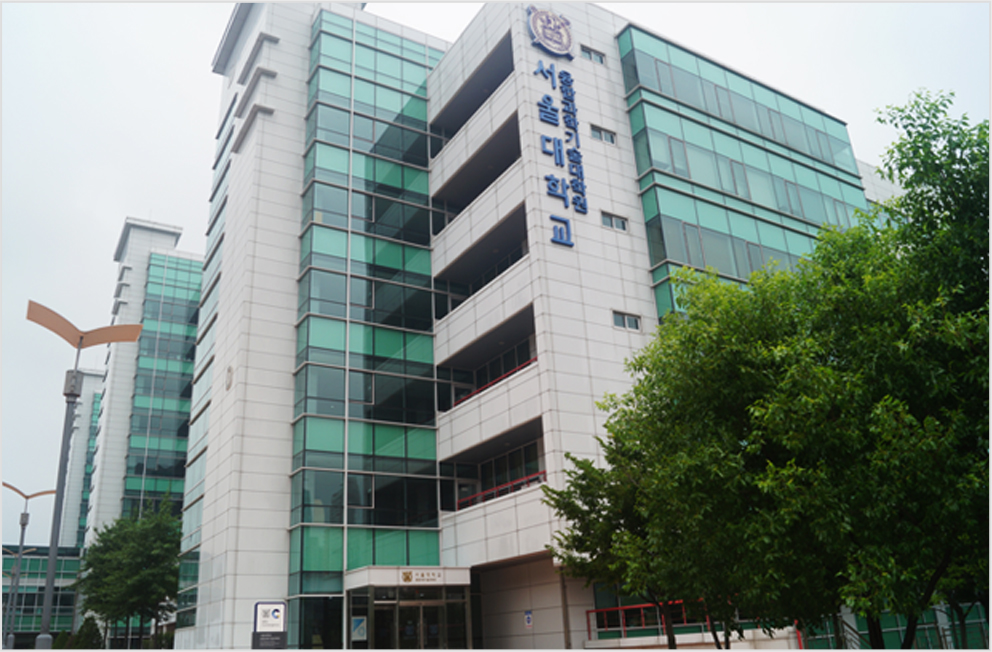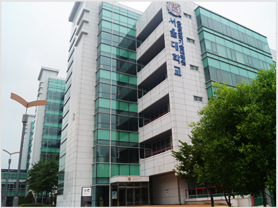"The recent recall of valsartan API made by Zhejiang Huahai (China) following detection of a potential carcinogen has revealed the weak and scientifically unsound basis of the generic approval system in Korea", Prof. Lee spoke in a telephone interview with KBS. Prof. Lee detailed about this issue in a newspaper column. The number of recalled valsartan generics in Korea was 115, which was way greater than that in the UK (only 8) and Japan (only 1). The reason behind this difference was that Korea has maintained a relatively low bar for the approval of generics. For example, any company can sell generics if they could obtain them from anyone who has a marketing authorization of the generic. In other words, the company is not necessarily responsible for the quality of the generic, nor they have to show that they could make a qualified generic, which meets all of the regulatory requirements including the proof of bioequivalence.
As a result, there are numerous generics for a single original product. This, in turn, has introduced an exceptionally high competition among the companies, which has implicitly encouraged unethical business practices such as kick-back and unlawful rebates. The issue also has brought some quality issues to manufacturing of generics in Korea. For example, many companies have switched their API source after approval, mostly to a low-quality Chinese company, of which Zhejiang Huahai may be one.
Therefore, to preempt the recurrence of this quality API source issue for generics in Korea, the approval system has to be heightened, Prof. Lee summarized.


























